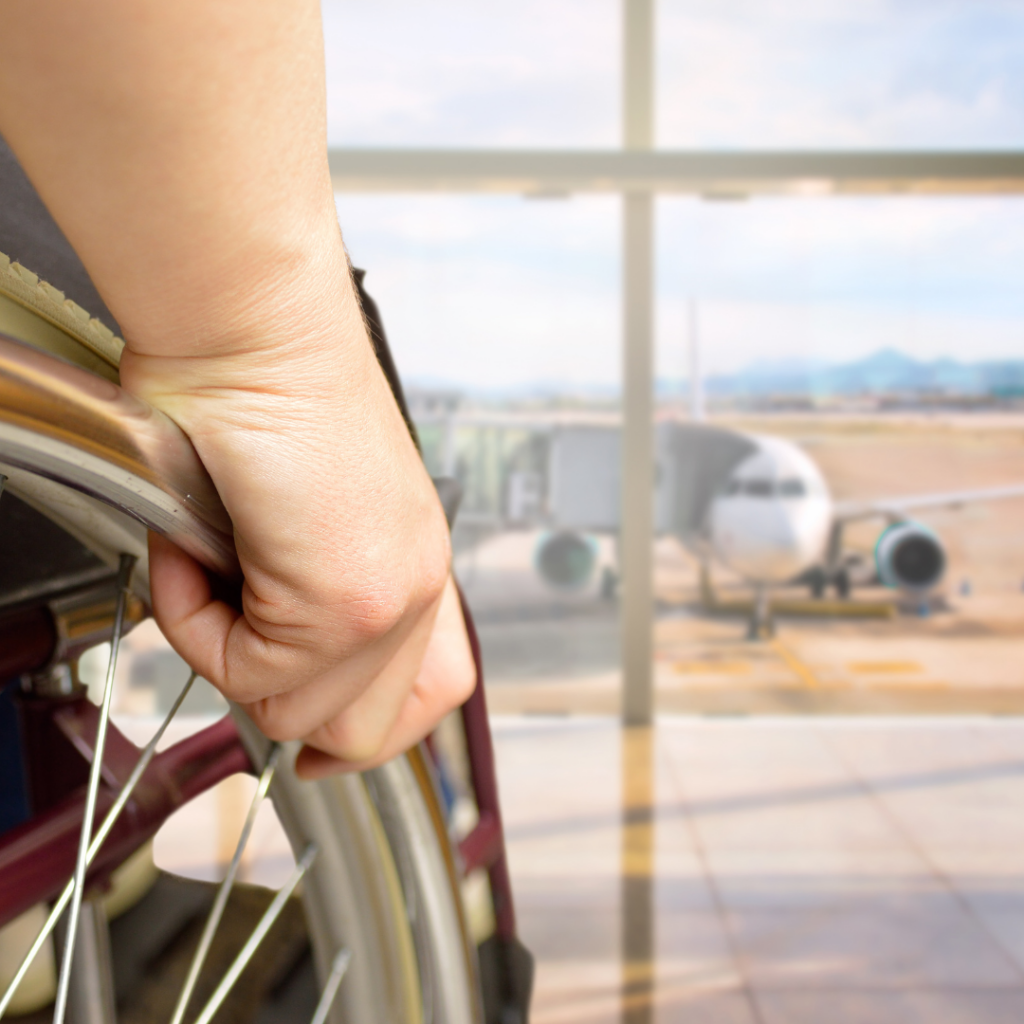If you or someone you know has a disability, it’s crucial to remember that the equipment we rely on may not last forever. A breakdown or malfunction can leave us without the means to stay active and independent. This is why having an emergency back-up plan for all your important devices and supplies is not just a suggestion but a necessity.

Manual wheelchairs, Power wheelchair chairs, rollators, breathing devices, cushions, medications, catheters, and even beds can all malfunction, or a mishap with shipping can occur. If you use one specific wheelchair (or other mobility device) on a daily basis, any other wheelchair (or mobility device) that you are not used to may shut you down until the necessary repairs or replacements are made.
As an example, I recently lost the use of my personal wheelchair due to a mechanical breakdown, and I was at a standstill for over a week until I realized the importance of having back-up equipment. I had to rely on my wife to do many “daily living activities” for myself that I usually do. Now that I recognize this importance, I have completed an “Ability Self-Assessment,” looking at what I can and cannot do on my own or without assistance. This will act as a starting place for creating my back-up plan.
Reliance and familiarity with any one piece of equipment must be figured out to use a back-up device. The back-up devices will require tweaks and modifications to get the fit right, and it takes some time to relearn how that specific device operates. You want to know who to go to and rely on for any repairs and replacements so that you can start the process as soon as possible. It takes time for Durable Medical Equipment (DME) companies to submit the order to insurance and schedule the service visit. Our safety and independence depend on a quick turnaround.
Living successfully with a disability requires thorough preparation for any emergency that could arise. Start by making a comprehensive list of the equipment and supplies you need to maintain your daily activities. Don’t forget to include the names and contact numbers of people who can assist you in case of an emergency. This proactive approach can make a significant difference in your safety and independence.

Assessments for your independence may be related to a particular health need, but whatever your needs are, you would know best. Assessment tools on the internet, like https://www.independentliving.org/docs4/gateshead1.html#::text=www.independentliving.org/docs4/gateshead1.pdf, are a great help to get you started.
